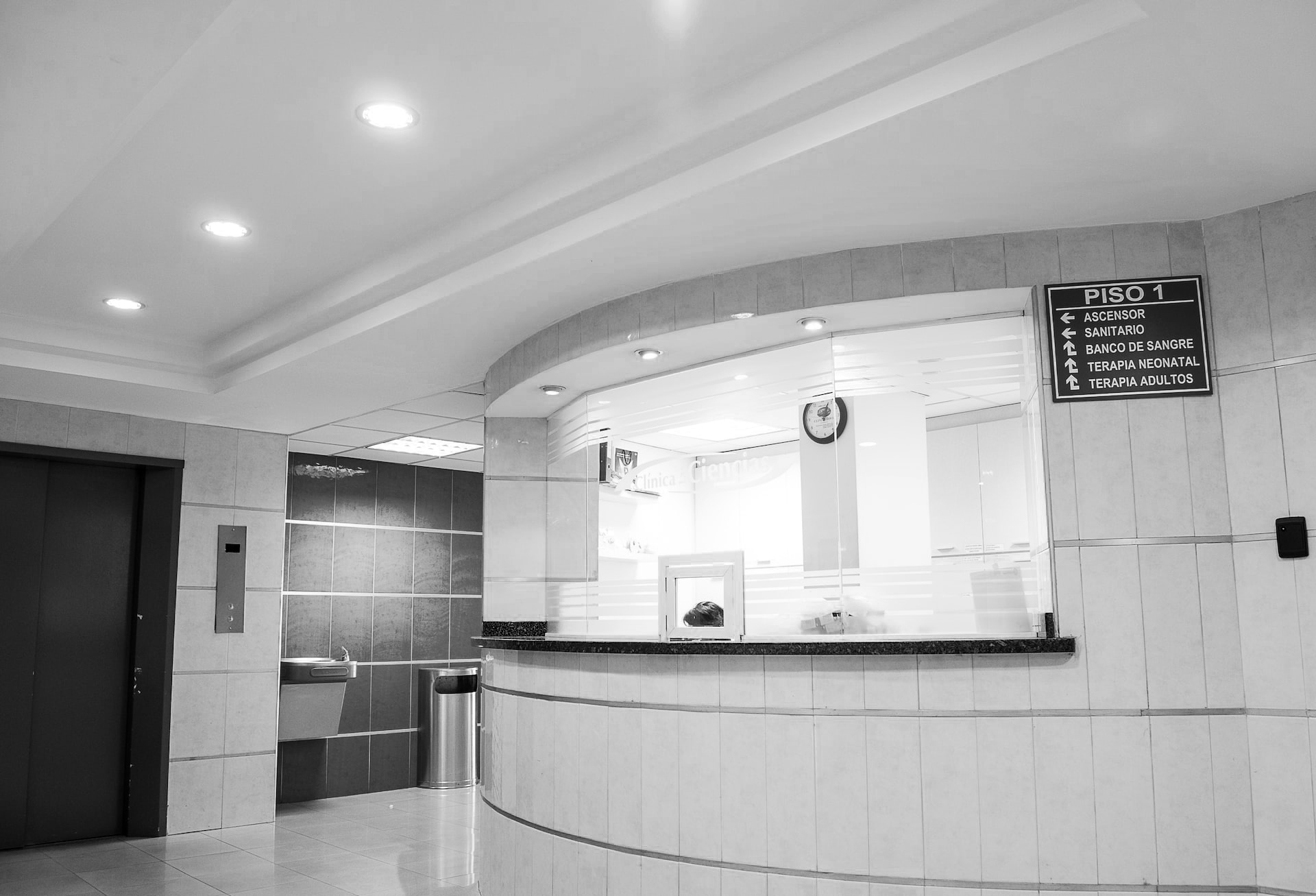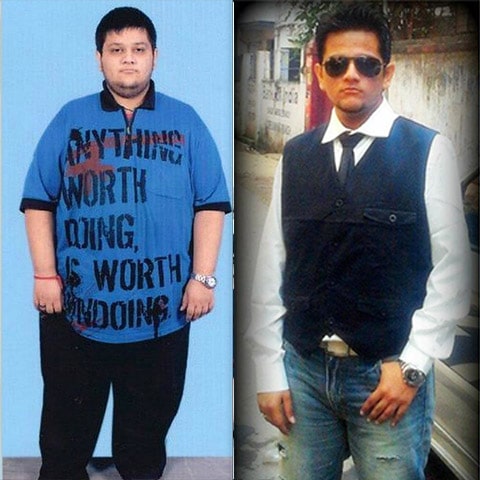
WHAT IS SLEEVE GASTRECTOMY?
The sleeve is a minimally invasive surgical weight-loss procedure in which the stomach is reduced to about 20% of its actual size. How do we do that? By removing the baggy part of the stomach along the greater curve of the organ. The stomach that is left is a tube that leads from the foodie to the beginning of the small gut (duodenum). The sleeve operation, done by firing endoscopic staplers, transforms the stomach into a tube or sleeve-like structure. This procedure diminishes the size of the stomach permanently, though there could be some expansion of the stomach later in life. It is performed laparoscopically and is irreversible. It is the most popular weight loss operation in the whole world, as well as in India.




